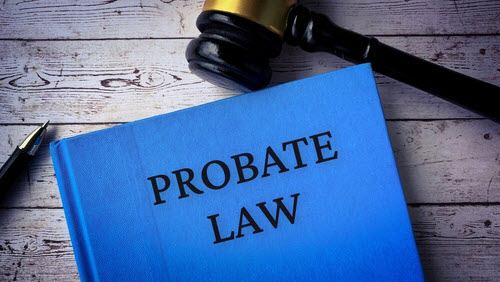Free Consultations: 630-427-4407


If you are an executor or personal representative of the estate for a person who recently passed away in Illinois, you will need to file his or her last will and testament in probate court within 30 days of the death. Depending on the will and how extensive his or her estate planning was, this probate process can get particularly complex. Therefore, it is important to seek the assistance of a knowledgeable probate lawyer to make sure everything is done properly. Below is a closer look at key terms from the probate process in Illinois so that you know exactly what it entails.
Before you even begin the probate process, it is important to define and understand the following key terms:
Last Will and Testament—This is a legally binding document, signed by witnesses and notarized by an official notary, that outlines in detail what is to happen upon someone’s death. This includes how the decedent’s assets will be divided, how guardianship of any children will be determined, and who will be the executor of the estate.
Decedent—This is the deceased person whose estate is being distributed through the probate process.
Executor—This is the person in charge of administering the wishes highlighted in the will or, in the case of no will, determining what will happen with the decedent’s estate. In some cases, he or she is referred to as the Personal Representative.
Beneficiaries—These are the individuals named in the will who will receive some of the decedent’s estate assets and property in accordance with the wishes described in the will.
Probate—This is the procedure followed in court to provide evidence to support that the submitted will is indeed the deceased’s true last wishes. In order to legitimize the will and complete the probate process, the executor must:
Take a comprehensive inventory of the decedent’s assets, property, and debts.
File a tax return for the decedent’s estate.
Pay any income or estate taxes on behalf of the decedent.
Settle any outstanding debts of the decedent.
Distribute all of the estate assets and property according to the wishes outlined in the will.
Provide the court, the beneficiaries, and any other concerned parties with documentation proving that all of this was done.
Intestate—If someone dies “intestate,” that means that the decedent did not have a will. In those cases, a personal representative will be appointed by the probate court, and they will distribute all of the estate’s assets, property, and debts according to the rules set forth in Illinois’ intestate succession laws. In general, that means an equal division of the estate between the decedent’s spouse and children, or assets may be distributed to other descendants if the decedent had no spouse or children. If there are no living relatives, the estate will become the property of the state of Illinois.
When someone in your life dies, it can be difficult to process the subsequent emotions. If you are the executor for that person’s estate, it can make things even more challenging. Leave the legal details to a compassionate and knowledgeable Downers Grove probate attorney. Call SBK Law Group at 630-427-4407 today so that we can help alleviate the stress of the probate process.